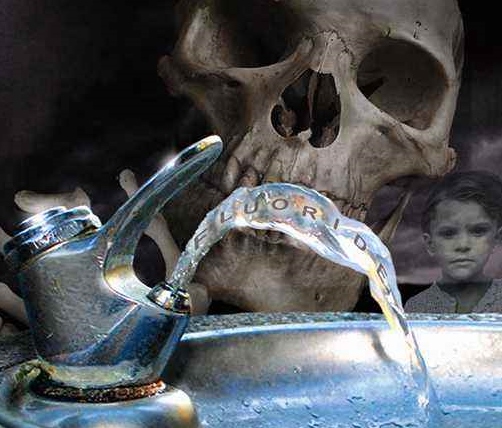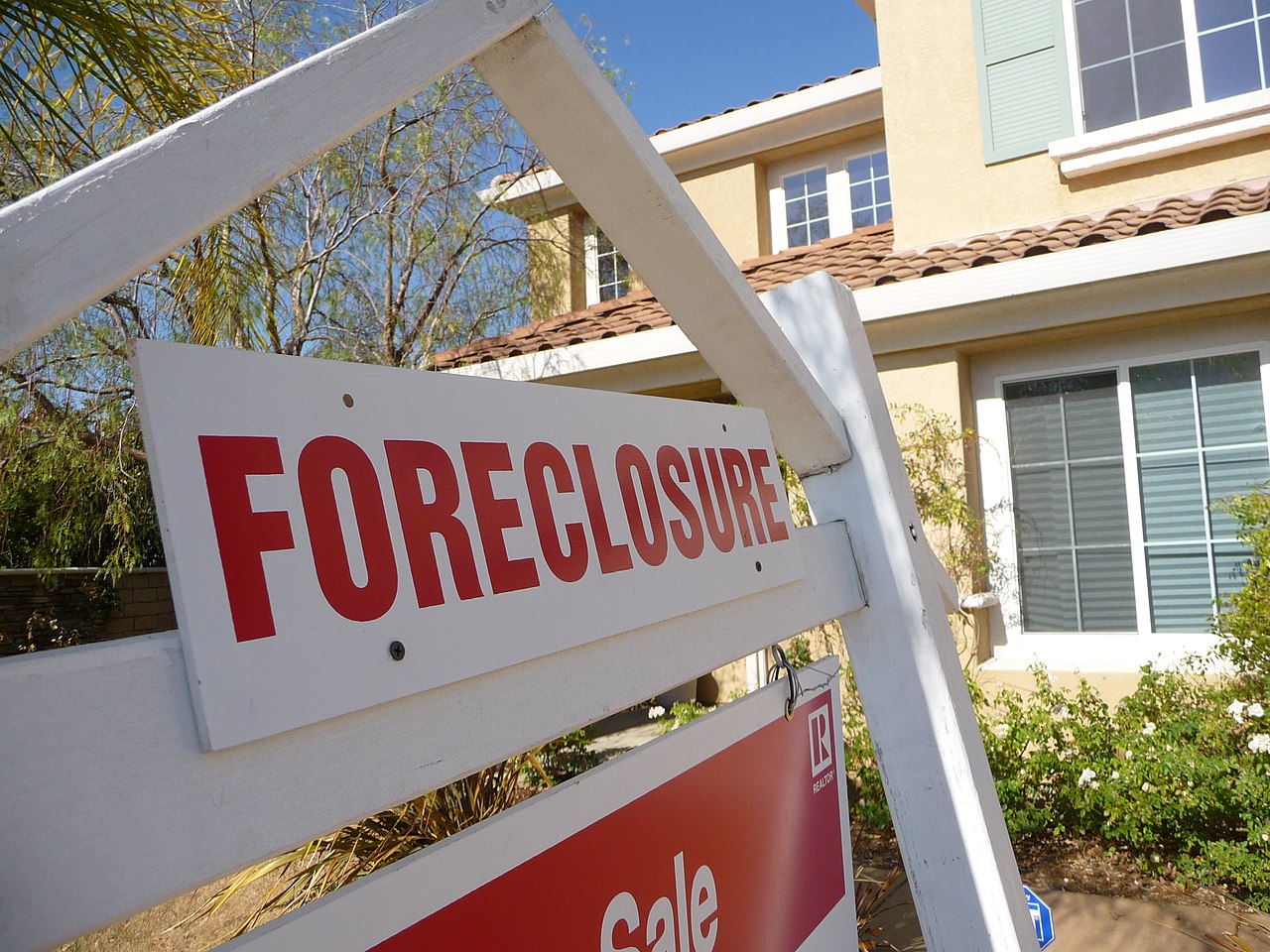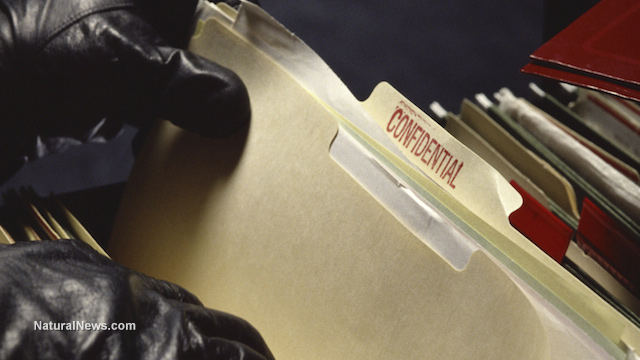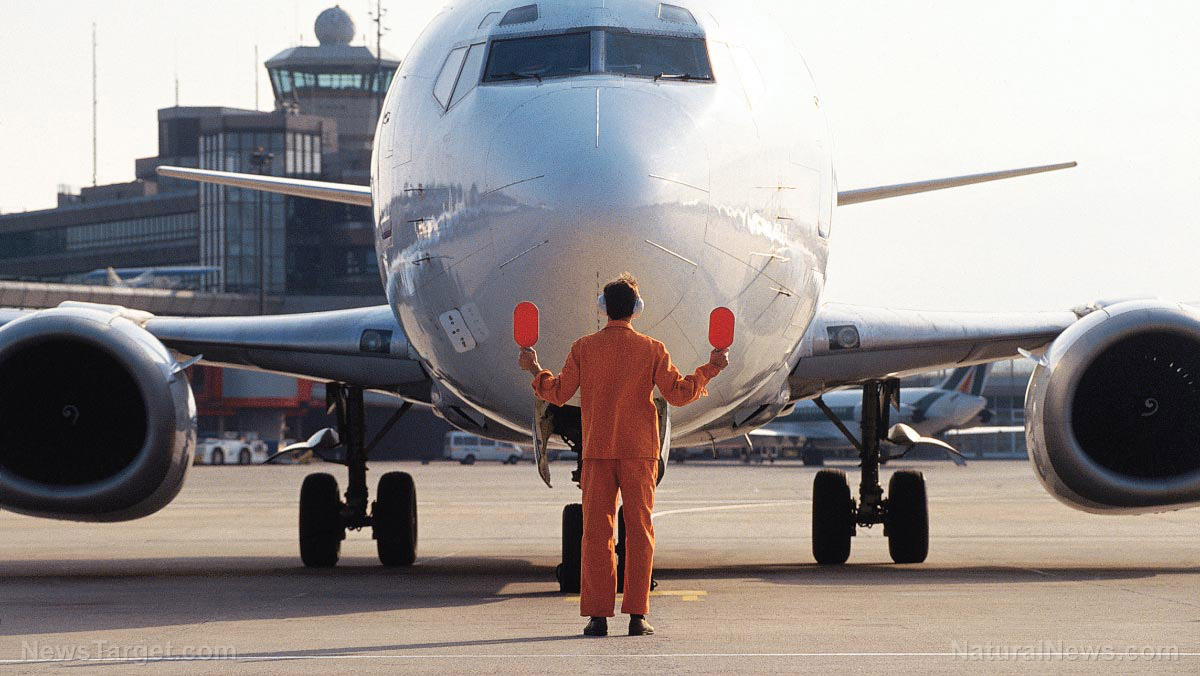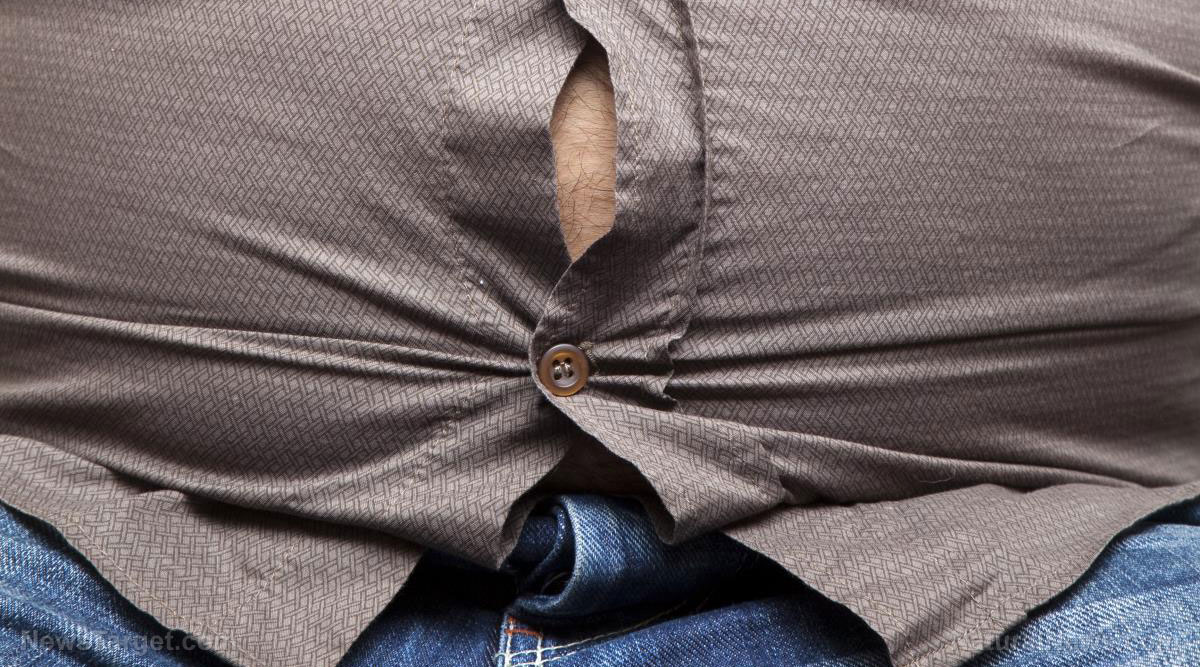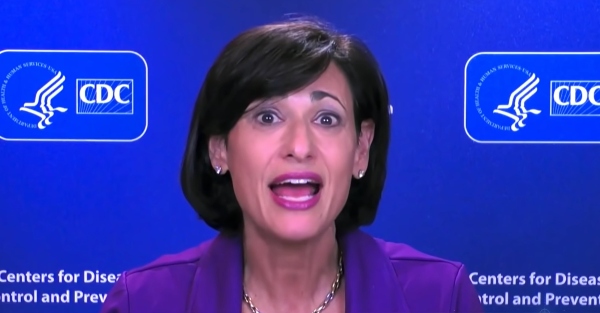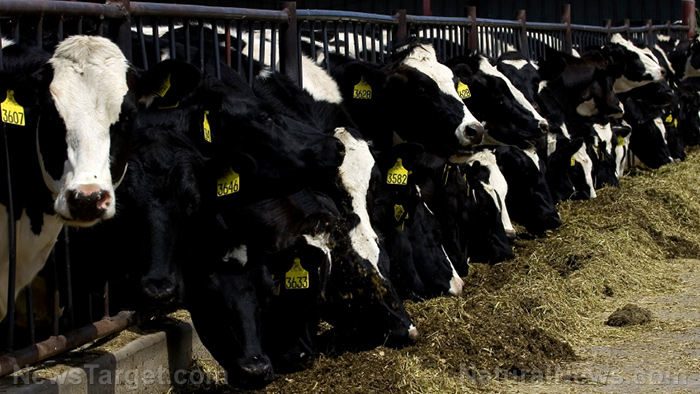
Some states are rolling out new inflation relief stimulus for their residents in the form of either checks or tax rebates. Critics of this measure are arguing that giving people free money will only keep inflation higher for longer.
One such state is California, where Gov. Gavin Newsom just announced that some 23 million of its 39 million inhabitants will receive checks of up to $1,050 as part of a $17 billion "inflation relief" spending package. This package includes rental assistance, suspension of the state sales tax on diesel and funding to help people pay for past-due utility bills. (Related: Federal Reserve may adopt "more restrictive" policies if inflation persists.)
"Cha-ching! You just received a deposit," wrote the governor's office in a June 30 statement announcing that Newsom had just signed the state's $308 billion budget, which, along with the money already earmarked for inflation relief, includes an additional $9.5 billion in tax rebates "to help address inflation."
In Indiana, Republican Gov. Eric Holcomb plans to provide relief in the form of a $1 billion tax rebate, which amounts to around $350 per Indiana taxpayer. This plan was unveiled in early June, with Holcomb saying that Hoosiers have "real needs right now during this period of high inflation."
In Colorado, officials in late June announced a similar inflation relief scheme in the form of a $750 rebate. Democratic Gov. Jared Polis described the measure as a "real relief" when people in Colorado need it the most.
In Maine, Gov. Janet Mills plans to provide people with a one-time relief check of $850 as state residents continue to grapple with "the increased costs as a result of pandemic-driven inflation, ranging from higher energy costs to increased prices of everyday goods."
Other states that have introduced similar inflation relief schemes include Delaware, Georgia and New Mexico.
Stimulus could make inflation crisis worse
While the stimulus programs will likely be very popular, especially for struggling families coping with the never-ending rise in prices, financial and economic analysts warn that just giving people more money during an inflation crisis will only add to inflationary pressures by boosting demand.
"Imagine for a minute that everyone woke up this morning with $1 million in their bank account. Stores would have to adjust prices to reflect that; if not, one person could simply buy everything. Milk would be $500; cereal $300," wrote John Anthony Castro, a financial expert and CEO of a tech company. "That's inflation 101."
"'Stimulus' – I don't know that I love that word in this context," said Joshua Hausman, a professor of public policy at the University of Michigan. "These programs aren't supposed to stimulate the economy. They're supposed to help people deal with rising prices … maybe you already see the problem here."
"This is not a good idea if you care about inflation, because the way inflation falls is for people to spend less, and so sending them money does exactly the opposite."
Dan Wilson, an economist working for the Federal Reserve Bank of San Francisco, warned that if more states pass inflation relief stimulus packages, national prices will surge as a consequence.
"They want to give as much money as possible to the groups that really need it at the moment, but limit the total amount of money that's going out in order to limit the fuel they're throwing on the inflation fire," said Wilson. "Sending people big checks gives us a higher probability that they're just gonna go out and increase their spending all at once."
Learn more about the inflation crisis in America at Inflation.news.
Watch this episode of "Zoon Politikon" as host Holly Seeliger questions whether the new stimulus checks will help the economy.
This video is from the Zoon Politikon channel on Brighteon.com.
More related stories:
Thanks to inflation and food shortages, many people are barely able to afford even one meal per day.
Survey: Americans have changed their spending and eating habits to cope with Biden's inflation.
Biden economic advisor claims MORE SPENDING will combat inflation.
Economist: America about to enter next stage of inflation, which will be so much worse.
Sources include:
Please contact us for more information.














